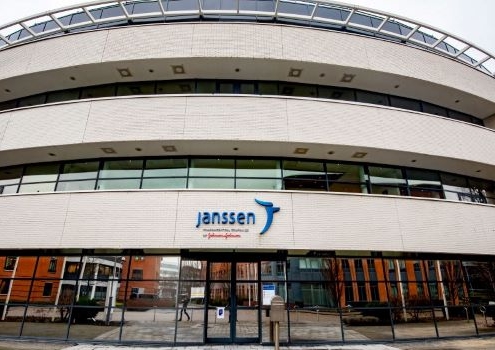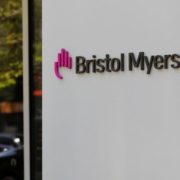Morphic loses another big pharma as J&J bails on research deal
Morphic loses another big pharma as J&J bails on research deal
Published: Jan 23, 2023
By Hayley Shasteen
BioSpace
Janssen, a Johnson & Johnson company, has terminated its integrin research collaboration with Morphic Therapeutic, according to the latter’s SEC filing dated January 13th.
Janssen cited “insufficient proof” related to the specific disease area of interest as its motivation to end the deal.
The two companies entered into a partnership worth up to $750 million in February 2019 to collaborate on novel integrin therapeutics for patients with unmet needs. The deal was focused on several undisclosed integrin targets with plans to explore inhibitors and activators of integrin function.
Integrins are receptors expressed on most human cells that facilitate key cell-cell and cell-extracellular matrix interactions including cell survival and cell migration. Morphic focuses its development on integrin programs for fibrosis, autoimmune diseases and immuno-oncology.
In January 2021, Morphic and Janssen expanded their research and development collaboration to include a third integrin program. The agreement was facilitated by J&J, which planned to utilize Morphic’s technology to discover novel antibodies of integrins.
The termination will take effect within 60 days of Jan. 13. Janssen will no longer have exclusive license options on the drug candidates in question.
As for Morphic, the company will likely continue its work to advance its remaining integrin therapeutic. Morphic dosed its first patient in a Phase IIb global study of oral α4β7 integrin inhibitor MORF-057 in November. The trial is designed to study the efficiency and safety of the therapeutic in patients with ulcerative colitis.
Data from the Phase I study indicated that all doses were well tolerated with no safety signals observed.
Déjà Vu for Morphic
This is the second failed partnership for Morphic in the past year.
In October 2018, the company entered into a deal with AbbVie worth $100 million to develop oral integrin therapies for fibrosis-related indications.
In August 2020, AbbVie expanded this partnership, licensing an αvβ6 integrin-specific inhibitor. Preclinical data supported the integrin inhibitor’s efficiency in treating fibrotic diseases.
In June 2022, AbbVie dropped the alliance. The decision was deemed “convenient” by AbbVie, and company officials said they would not advance any of the αvβ6 integrin specific inhibitors due to a suspected on-target/αvβ6-mediated safety signal that was observed in pre-clinical testing.
Source: BioSpace











